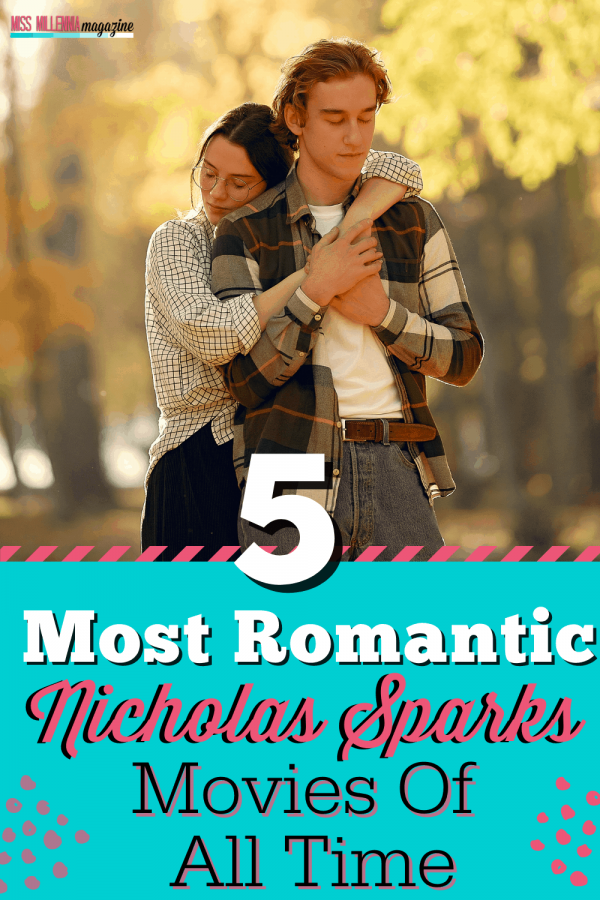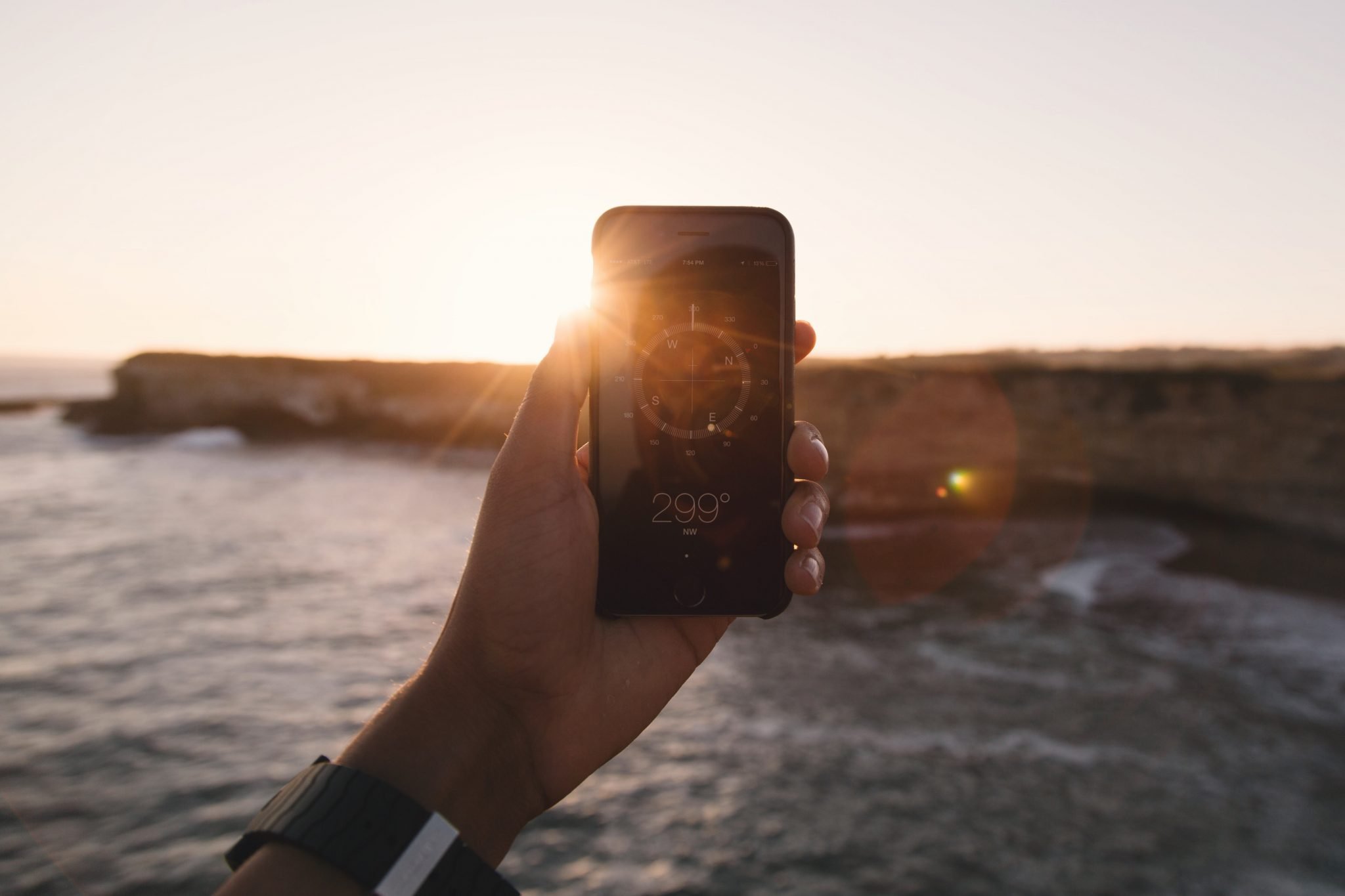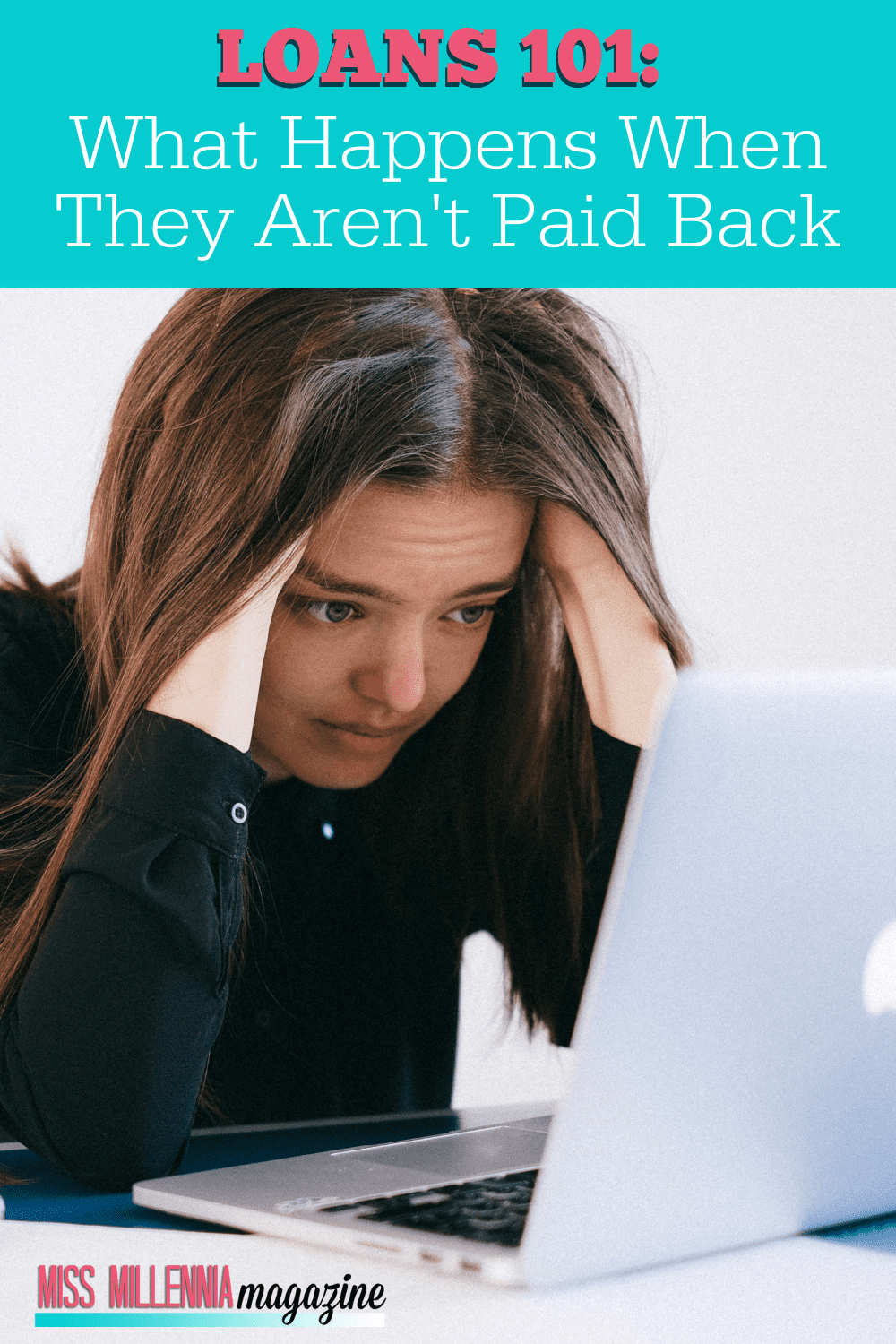Dove Real Beauty Sketches: The Internet Debate
For those of you who haven’t seen, the Dove Real Beauty campaign has released a new video titled “Dove Real Beauty Sketches.”
Just to sum it up, women are asked to describe how they look to a forensic artist, who is trained to accurately draw faces based on descriptions. The forensic artist never sees them. The women were also asked to chat with a person they had never met before. This person also described the woman they met to the forensic artist. The women then got the opportunity to look at both pictures, and they all agree that they look more beautiful in the picture based off of the description from their new acquaintance. Although forensic artists are usually using their skills to solve crimes, this experiment was meant to solve a crime against ourselves. This video went instantly viral. Women were sharing it all over social media to spread the word about how we are our harshest critics.
However, the video has also gotten some backlash. One particular blog post on Tumblr has been circulated widely. Click here for the link to Jazzy’s opinion of the video. She points out how the video has racist tendencies, showing black women for only a few milliseconds. She also brings up the valid point that the traits considered more beautiful were normative and lacked diversity- being thin and having blue eyes were positive traits while appearing old or fat were not desirable. Most importantly, Jazzy concludes by saying that although the video asks us to give ourselves a little more credit, the focus is still on physical beauty- and this is still an issue. She urges us to look past the way we look and into ourselves as people instead.
Is Dove making progress, or locking us into cyclic vanity? Is Jazzy being too harsh, or is she exposing a deceiving marketing strategy?
I think there is some middle ground here, so here are my two cents to the whole internet debate. I agree with Jazzy, it’s hardly progress to say that if we can see our skin as flawless then we’ll feel better about ourselves. Instead, we need to change our definition of flawless skin. Healthy skin is flawless. If it’s yours, it’s flawless. Having another person see you with less freckles shouldn’t be making you feel better; pretending our individual traits don’t exist is not helping us.
On the other hand, I’m not sure if this is entirely Dove’s point. In the last frame of the video Dove writes, “You are more beautiful than you think.” I think they’re missing one more line. “Feel beautiful to do beautiful things.” While the focus of this video is physical beauty (let’s not forget that Dove does sell beauty products), I think that the video is trying to send a larger message about self-esteem. When we don’t feel beautiful, we don’t put ourselves out there. We let it affect our confidence and our ability to go after what we want. The focus in this video is on the physical because of the brand Dove is trying to sell, but I think the message can be applied to a larger context. As women, we have to stop being so harsh on ourselves not only when we look in the mirror, but when we reflect on our relationships, our job performance, our skills, etc. If we start seeing the positives in ourselves, this will shine through in our actions.
The video absolutely has flaws. Yes, I would like to see more women of different ethnicities, and I would also like someone to say something about overall personhood rather than just looks (Florence tries to do this towards the end, but it just isn’t executed quite right). But being overly critical may overshadow an overall great point. Be good to yourself. Give yourself a hug, a pat on the back and say “I’m really great” in the mirror today. Dove forgot to clarify that you should be doing this even if you have a couple extra pounds or frizzy hair, but we’re smart enough to know how to read a little deeper.



![How to Create a Curly Bun for Your Holiday [Video]](https://missmillmag.com/wp-content/uploads/2015/12/christmas.jpg)
